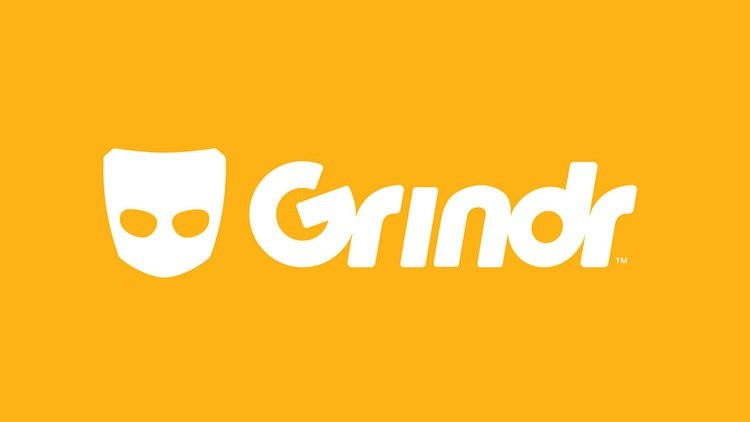“Fan culture” is quickly becoming as insidious as “cancel culture,” though its origins are more benign.
Initially, fan culture began as something far nerdier than cancel culture: Groups of people creating a community where they could be passionate about specific pop culture content, with Comic Con its apotheosis. But increasingly, the concept brings with it the questionable added bonus that anyone who doesn’t love what their heroes have done feels the right to demand that it be what they want. The Zach Snyder cut of Justice League is a prime example, albeit an extreme one. Presented with the Joss Whedon-directed film, fans clamored for what Snyder had initially pitched and begun filming before personal issues took him away. Somehow, some way, Warner Bros. heard these demands and acquiesced to Snyder reuniting the cast to fulfill his vision. Now fans are furious that the studio won’t continue working with Snyder on sequels, calling for a boycott of WB films.
There’s a troubling reluctance to differentiate between what things are (mostly exercises in capitalist gain), and what the people watching, reading, or using want them to be. When CBS announced that it would air the film Grease! on the night the 2020 Tony Awards had been scheduled (and then canceled, due to COVID), the outcry was as potent as it was whiny. Theatre fans were enraged that a major network wouldn’t kowtow to their preference of airing something closer in nature to the Tony Awards. But CBS doesn’t owe theatre fans an awards ceremony. (That they continue to air the abysmally rated ceremony at all is a minor miracle.)
Likewise, Grindr critics can’t quite fathom that the app is made for the general LGBTQ+ population, a much wider spectrum than just those who so vociferously complain on social media.
For years, people have complained that Grindr is disconnected from real life, that it can never provide the same sense of connection that meeting in person can provide. But Grindr was never meant to replicate the lure of cruising a man in a dark bar and going to a darker corner together. Grindr, at its essence, is the exact opposite of that.
And for many men, Grindr’s purpose is great. Not everyone wants to meet someone in a public place. Not everyone feels comfortable in bars. And not everyone is out of the closet to even go to gay bars.
Stop Telling Me Who’s Allowed to Turn Me On
That isn’t enough to prevent a vocal minority from publicly demanding that Grindr be different, more what they believe a gay app should be—thought what exactly that is blurs depending upon whom one asks. Should Grindr be a leader in diversity and ban ethnicity filters on the grounds that they are racist? What if BIPOC communities use that setting to find community while, say, traveling? (This also raises a different question, of whether or not being sexually attracted to a specific ethnicity is racist, fetishist, or neither.)
Why I Explore My Kinkiest Fantasies on Grindr… and Then Delete My Account
Others want Grindr to be dirtier, less sanitized. They cavil at the lack of nudity in profile photos, but don’t understand that PG profile photos are a requirement for Grindr to be part of the app store in the first place. And of course, everyone hates the users for different reasons: time wasting, obnoxious profiles, blank photos. They use Grindr, of course, but they’re vocal about not being happy about it.
One must stand up for important changes. And no company should provide a platform for hate speech, another charge that has been lobbed against Grindr. (Offensiveness is another, more slippery matter.) Every organization should be continuously evolving to be as modern and inclusive as possible, while maintaining its core identity. Or shutter, if they aren’t willing to change when necessary. But to project your own belief system onto a corporation is naive at best. If a company like Grindr caters to every conflicting demand made by its users, it’s no longer a a navigable or useful service. Just because something doesn’t conform to your wishes doesn’t make it any less successful or more bigoted.
And there’s really a very simple solution to disliking an app like Grindr. Don’t use it. Especially if you’d rather support a company aimed at LGBTQ+ users that’s actually owned by a member of the LGBTQ+ community.




